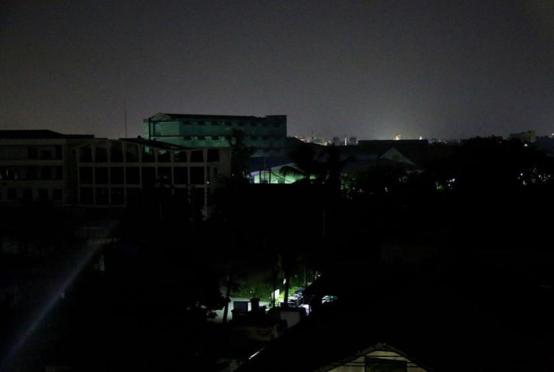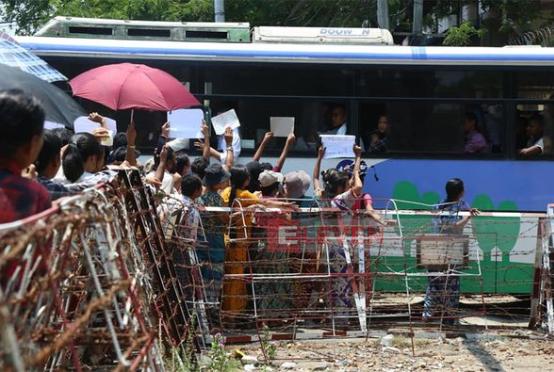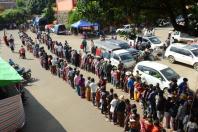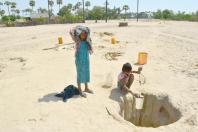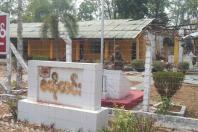PUTRAJAYA: Malaysia’s “Shared Prosperity Vision 2021-2030” will set its sights on bridging the rich-poor disparity within the next few years, said Prime Minister Tun Dr Mahathir Mohamad.
“We acknowledge there is a disparity in the country. The first is a disparity between states. Some states are very rich while some are poor, so we need to reduce this gap. “Another is a disparity between people in the urban and rural areas. Therefore, we need to come up with programmes to increase the income of those in rural areas,” he said. The third kind of disparity is between the rich and poor people in the country.
“We need to increase their abilities by providing training so that they can be more productive,” said Dr Mahathir at a press conference after a special Cabinet meeting at Perdana Putra here yesterday.
In the meeting unusually held on a Saturday, the ministers discussed and debated for three hours on the best way to fulfil this aspiration to bridge the financial divide.
Dr Mahathir said in the coming years, there will be more emphasis on skills development as well as Technical and Vocational Education and Training (TVET).
“TVET will play an important role in realising this vision because it can help increase the skills of our workers. There will be more priority towards TVET in our national budget allocation,” he said.
Dr Mahathir said the Shared Prosperity Vision has been approved in principle, and a working paper will be tabled in Cabinet soon.
The vision was introduced in May this year during Pakatan Harapan’s first anniversary as the Federal Government.
It is a new economic model which focuses on providing a decent living standard for all Malaysians, as opposed to past models which were more development and mega-project centric.
On another matter, the Prime Minister said the issuing of government contracts, licences and approved permits (APs) will no longer be a practice.
He said the government should only award such contracts to those who are qualified.
“Our government prioritises result over opportunity. In the past, the government created a lot of opportunities which end up being wasted. For example, contracts were sold to those who do not have the skills or qualifications.
“Now, we do not allow any government contracts, licences or APs to be sold to anyone,” he said.
“We make sure that those who are awarded these contracts are those who are qualified.”
In a statement, Economic Affairs Minister Datuk Seri Azmin Ali said the vision was to have all Malaysians enjoy a prosperous life by the year 2030.
“This commitment will lead to unity among the people and strengthen political stability. Focus will be given to new sources of growth, encompassing digital economy, aeronautics industry, intelligent agriculture and support services for Industrial Revolution 4.0.
“At the same time, existing industries which have contributed to the economy will be given new boosts,” he said.

